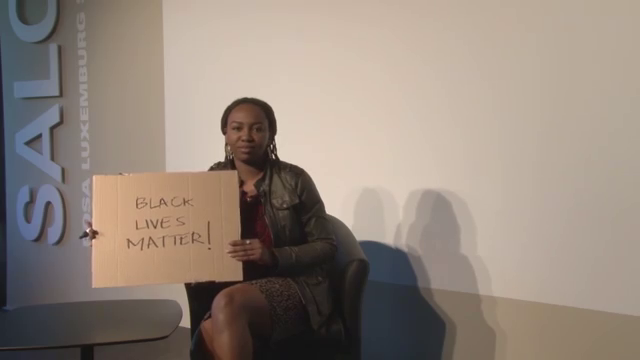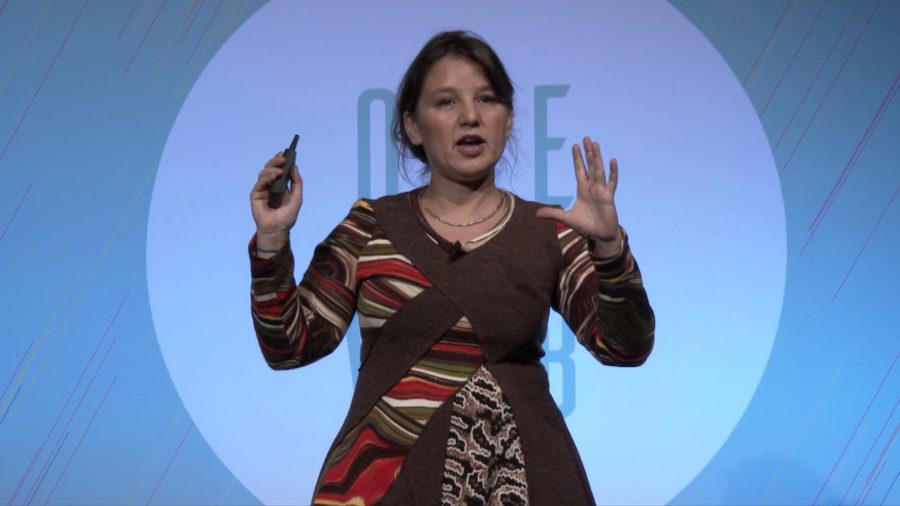There’s a lot going on in the United States, right. So there’s a legacy of structural racism that’s been impacting Black communities in the United States ever since we were kidnapped from Africa and brought to the United States. And so what we’re seeing today is actually a continuation of the racist policies and practices of the United States. We’re seeing state-sanctioned violence with impunity on black people.
Archive
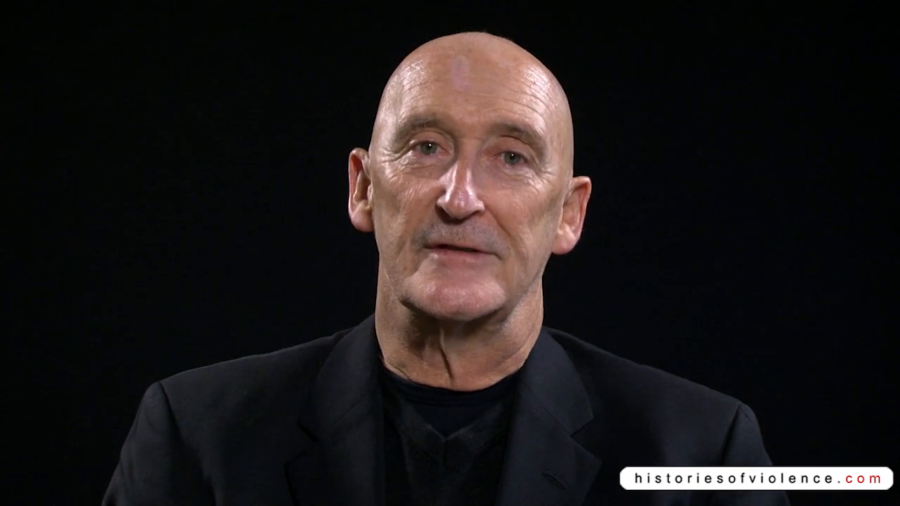
I’m not here going to think aloud about these various contestatory forms of evidence-giving, although much might be said about that in relation to thinking about violence. But rather to think about the Michael Brown shooting in Ferguson, Missouri and the kinds of police response to it in relation to the history of violence and the way in which race shapes said history of violence in a country like the United States…
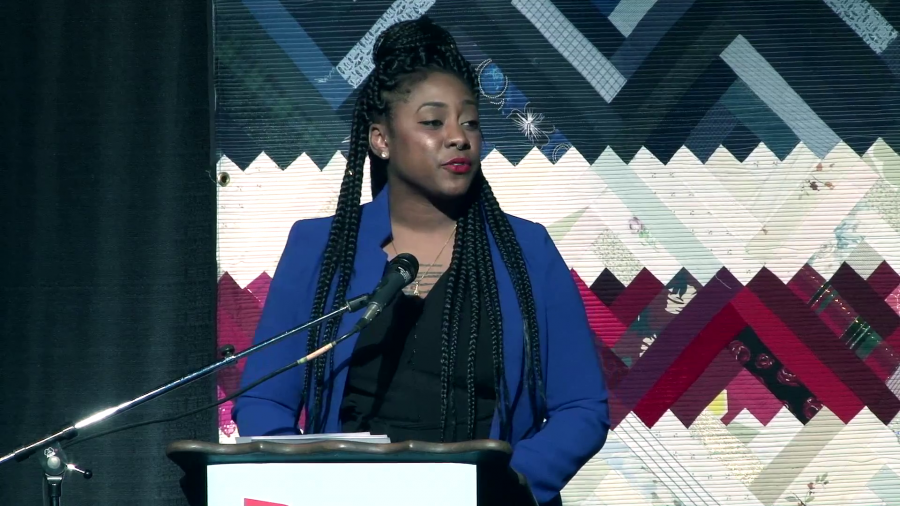
Black folks have consistently been denied the rights to privilege that come with citizenship that so many of us take for granted. And that’s why so many of us are no longer satisfied with the compromises and negotiations that happen behind the scenes, that continue to leave out too many people whose lives depend on the ability to participate in the decisions that impact their lives.
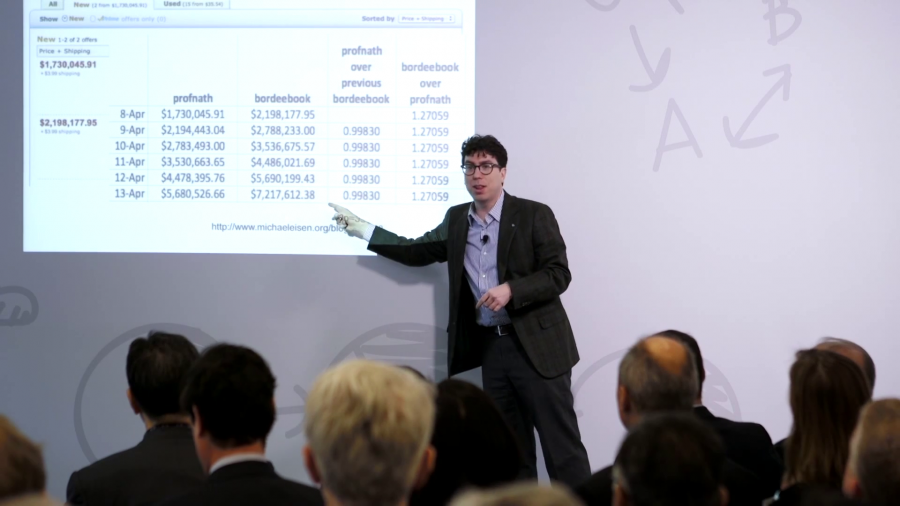
I want to think more broadly about the future of cyber state, and think about accumulations of power both centralized and distributed that might require transparency in boundaries we wouldn’t be used to.
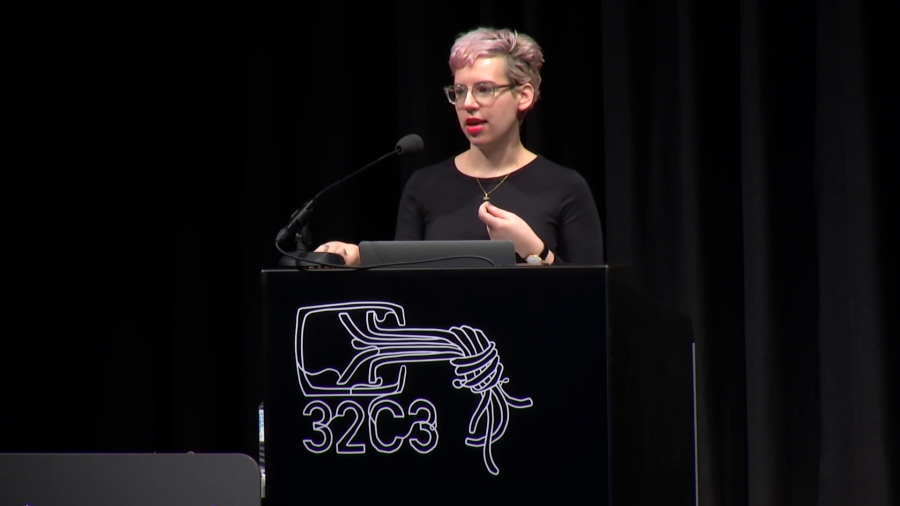
I wonder with all these varying levels of needs that we have as users, and as we live more and more of our lives digitally and on social media, what would it look like to design a semi-private space in a public network?
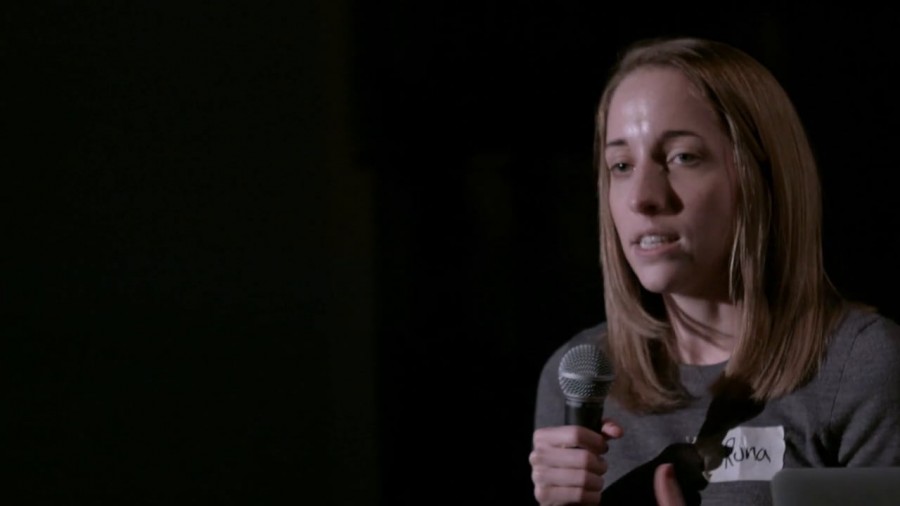
I figured I would give a presentation to better explain the work that I do and show, hopefully not too technical, but show how you can think about the way you go about your online life and the traces you leave online, and what this means for the work that you do, the people you interact with, and so on.

